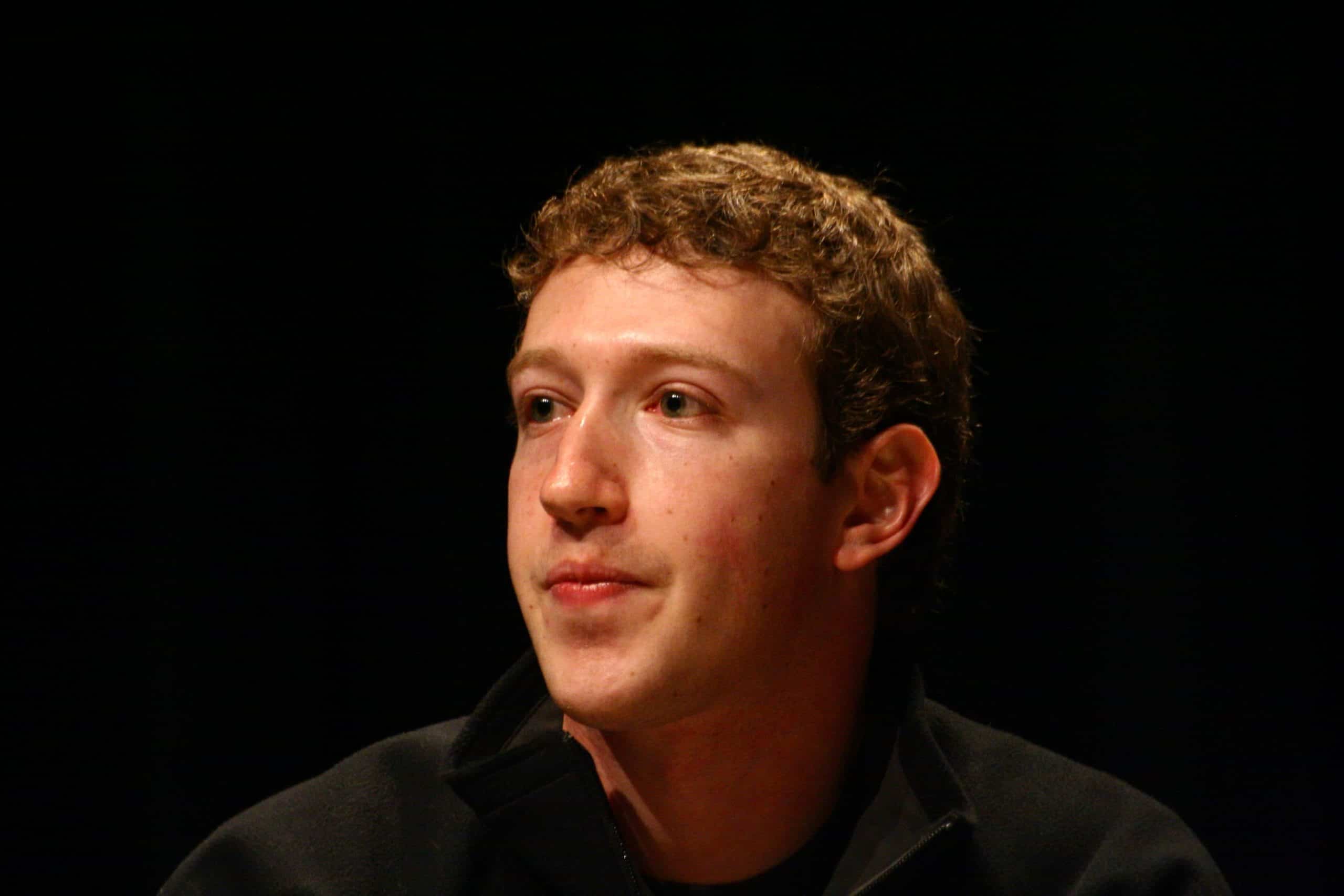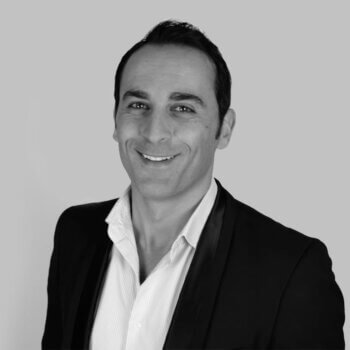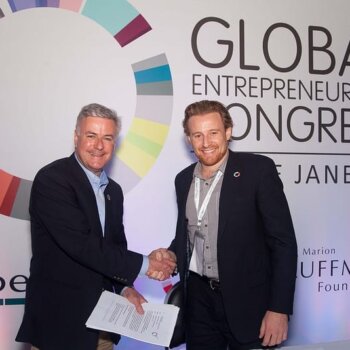Many people I’ve encountered seem to think about their career something like the following:
“I can’t seem to find the “right” career for me. I don’t have anything I’m passionate about, and I don’t feel like I have any skills that particularly set me out from the crowd. I don’t want to be doing what I’m doing now for the rest of my life, but until I find something that fits my skills and interests, it’ll do.”
There’s an assumption here that I think is implicit in a lot of talk about career choice: that it’s ultimately just a matter of sifting through all the possibilities and picking the best option given certain constraints.
The problem with this is that it assumes you, your skills, your strengths, are fixed, and finding the “right” career is simply a matter of finding the best way to apply them. It also relies to some extent on being able to predict how your career will unfold over time. But if you want to have a successful career, you need to be constantly looking to improve and thinking about what skills are most worth investing in developing.
If you want to make a difference, you need to be able to adapt to changes in the world around you.
Your career is like a startup
We think that we can draw many useful insights about career planning from thinking about how startups operate successfully. We started looking into how people typically plan their careers, and noticed a number of problems. One particular concern was that career plans often tend to be overly detailed in the long term, which makes it difficult to adapt to change and can narrow focus.
Looking for potential solutions to this problem, we started looking to other fields for inspiration. In an ideal world, we’d be focusing more directly on research in career planning. Sadly, very little such research exists (yet!), so drawing on research and methods from related fields and trying to find as solid a backing as possible for these comparisons seems the next best approach. We found the field of entrepreneurship to be pretty promising for this: I’ll elaborate on some of the reasons for this below.
Key takeaways from startup strategy for your career:
Stop looking for the perfect job to match your existing skills and interests, and getting discouraged when this turns out to be a struggle. Instead focus on getting experience and building the skills that will give you great opportunities in the future. We’ll be talking more about how to do this in a later post.
Ditch the rigid career plan. Instead set out your key aims and make hypotheses about how you might achieve them, and focus on testing and updating these as you learn more.
Justification: why focus on the field of entrepreneurship?
There seem to be a lot of direct analogies between startup strategy and career planning: both mean finding a niche where you can excel and beat the competition, and both require doing so in a highly uncertain and changing environment.
Entrepreneurship is highly competitive and has clear success outcomes (profit!) So it seems like there’s good reason to expect the field to develop good methods.
Since first noting that this might be a useful comparison, we’ve talked with other professionals and social entrepreneurs thinking both about career choice and business strategy, who seem to be thinking in similar ways and support the analogy when pointed out. Matt Scott at the Skoll Centre for Social Entrepreneurship in Oxford, who provides career coaching to MBA students, has been particularly helpful in discussing and giving feedback on these ideas, having come to similar conclusions himself.
We’ve also since discovered that notable others have come up with similar ideas independently: including Reid Hoffman, the co-founder of LinkedIn!
It seems to provide a useful framework for dealing with some of the problems posed by conventional career planning. We’ve confirmed this by testing and iterating different processes based on principles from startup strategy in advising sessions and workshops, and received increasing levels of positive feedback.
In more detail: what can we learn about career planning from startup strategy?
The Lean Startup Cycle: Build, Measure, Learn.
Have a career model, not a plan
This article opens with the story of a young entrepreneur who planned his startup extensively: 60 pages and 12 spreadsheets, to be exact. But when he went out into the “real world” and tried to execute the plan, everything fell apart: the real world didn’t work as his plan predicted! He’d spent so much time planning, thinking through and justifying assumptions, but had neglected to actually go out of the building and talk to customers. The result was that when he finally did, he found half of the assumptions in his perfectly executed plan were wrong.
The advice given in the quoted article for dealing with this type of situation is that one should start with a business model, not a business plan. What’s the difference? A business plan tells you what to go out and do: assuming that you already understand the environment you’re working in. A business model, on the other hand, sets out the core aims and hypotheses of a business, but is designed to be flexible and change rapidly as you learn more. A plan’s focus is execution, whereas a model is much more centered around learning.
In an earlier post I discussed some of the pros and cons of career planning. There seemed to be a conflict here: that plans can both help by providing direction and motivation, yet also hinder by narrowing focus and inhibiting learning. Having some kind of career “model”, as opposed to a rigid plan seems to potentially provide the solution here. The key idea – inspired by good traditional business practice – is to have a long-term vision plus a short term plan, which provides direction whilst also leaving you open to change and learning.
I’ll talk more about how to create a “model” for your career in an upcoming post.
Think lean: everything is a best guess
The Lean Startup movement is a new approach to product development in startup businesses popularised by Eric Ries in 2008. It’s since transformed into a movement that’s spread to entrepreneurs throughout the world. What’s key to the lean startup approach is that building a successful business isn’t simply a matter of having a great product idea and executing it.
All too often startups have an idea for a product they think people want, spend months or years perfecting the product without ever actually showing the product to customers. This means they are operating completely blindly, with no real idea of whether the product is actually something the customer wants at all – many startups fail because it’s not until they release a product that they realise its flaws. The lean startup solution to this is iterative product releases of a minimum viable product, measuring feedback, and learning.
One useful takeaway is the idea that, when thinking about the future of your career, everything should be a “best guess.” As emphasised by the “have a model, not a plan” approach, it’s important to think about what your career aims are, and how you might concretely achieve them, but also to recognise that these will inevitably change as time progresses, and be prepared to learn and adapt. One way of doing this is to get into the habit of identifying key uncertainties, and then actively seeking feedback from the world to resolve them. What question or piece of information are you most uncertain about that will most affect your career plans? How might you resolve this uncertainty? Speaking to people, doing research, or simply trying things out are a number of ways in which you might get feedback to resolve key uncertainties.
Treat yourself as a work-in-progress
In startups, the focus on testing, learning and improving means that the attitude to product development should be one of being a “work in progress”, never “complete”, with constant room for improvement. The same attitude applies to you and your career. Any job you take is a development opportunity: the chance to both build skills and experience, and learn more about what you enjoy and can contribute to the world through your career.
______________________________
About the Author
This article was written by Jess Whittlestone of 80,000 hours. 80,000 is a platform that intensively researches into how graduates can make the biggest difference possible with their careers, both through overall career choice and within a given field. They work with academics at the University of Oxford, and have given one-on-one coaching to over 200 people. see more of Jess’s work.






























